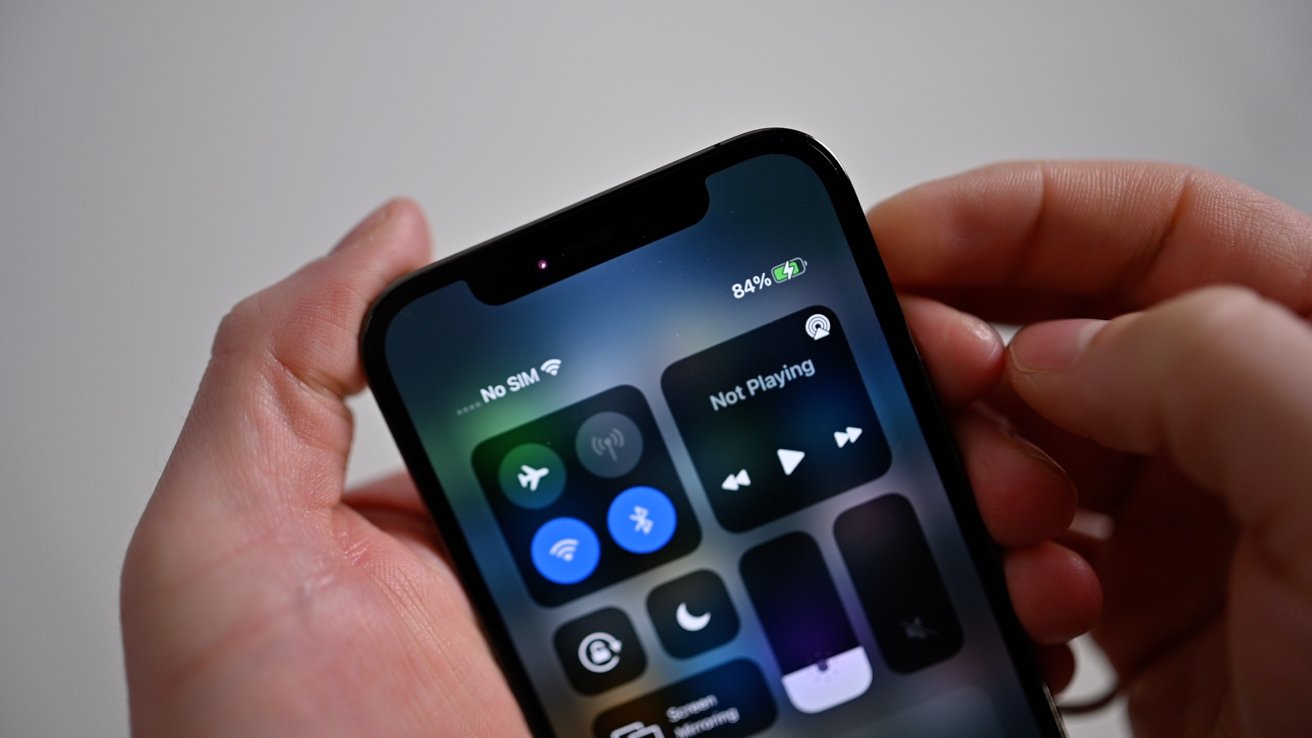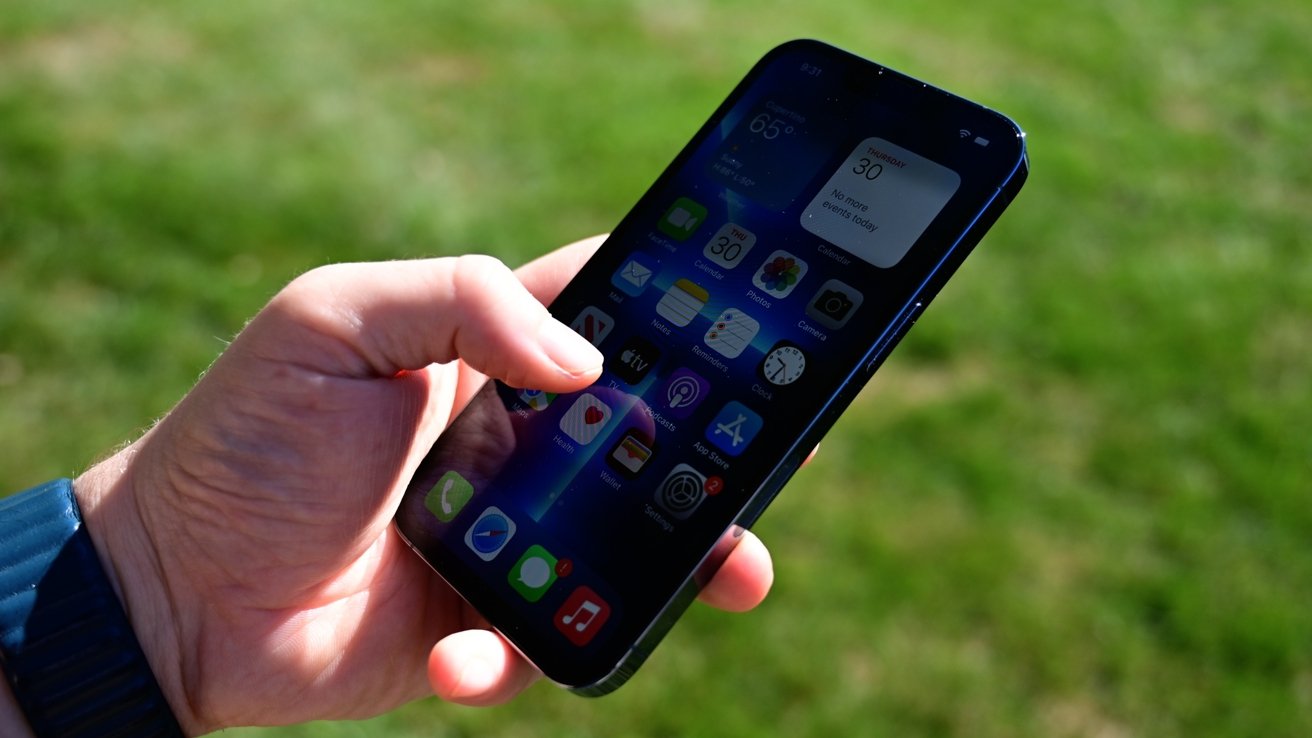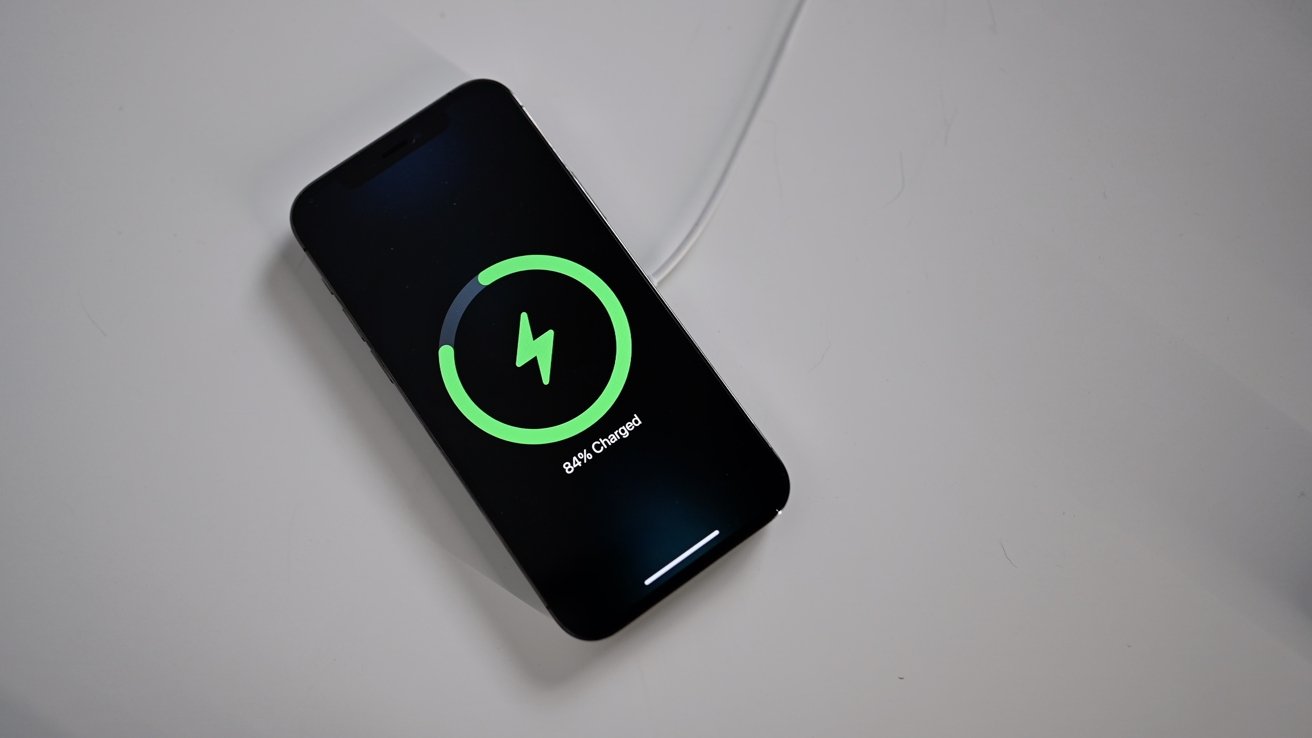How To Avoid Damaging Your iPhone's Battery Health
02/21/2022
8322

You may be irreparably harming your iPhone's battery. Here are some everyday actions to avoid to help prolong your battery's health.
Nestled within each iPhone, among a litany of silicon, capacitors, and diminutive solder points is a battery. This battery is a consumable resource and eventually will be depleted and need replacing to continue having acceptable battery life on your phone.
Ideally, you'll have quite some time before it's necessary to replace your battery. To ensure you get as long a life as possible, here are some common actions to avoid that are harmful to your battery.
It's getting hot in here
One action that can lead to lower battery health is high heat. Heat is a battery's enemy. Cold is no friend to batteries either, resulting in a shorter use time, but that is only temporary until your battery warms back up again.
Apple says your iPhone can safely run in temperatures of up to 95 degrees Fahrenheit. Beyond that, irreversible damage can occur to the battery.

Watch when using your iPhone in the sun too long
You can inadvertently heat your iPhone too high in a myriad of ways. Placing it screen-side up in the sun, charging it while in the sun, or clipping it in front of a heating vent in your car while navigating are all frequent actions. Your iPhone does have built-in protection systems to temporarily disable your iPhone in these situations to prevent further damage, but it's best not to get to that in the first place.
Stay away from zero
Another action that users fall prey to is dropping their phone's battery level too far. Years ago, it made sense to occasionally deplete a device's battery then fully recharge it to help calibrate the internal sensor so that the displayed percentage was accurate. With modern batteries, this is no longer the case.
Dropping your iPhone down to 0% battery is very damaging to your battery and will reduce its overall lifespan.

Charge frequently, don't wait for zero
For the best battery health, recharge your iPhone regularly throughout the day so you never fully deplete it.
Long term storage
If you're going to store your phone for an extended period, don't leave the battery at 100%. Perhaps you are keeping an old iPhone around to use as a backup or saving to give to someone later.
Before storing the iPhone, discharge the battery to between 50% and 80%. Come back to it periodically, and make sure the battery hasn't discharged to flat, also.
Storing the phone fully charged is harmful to the battery as well. When you return the device to service, you may find out that the battery will no longer hold a charge like it used to.
It's not rocket science
Batteries are complicated. If you want to learn more about exactly how a battery works and why the above damage your battery, check out our full explainer on the topic. While the intricacies of battery chemistry may send you for a loop, properly caring for your battery doesn't have to.
As long as you avoid these very basic actions, you can keep your battery healthier, for longer. Many things will also impact your battery's health, but in such small ways that they won't make a noticeable difference in the long term.
With care, your battery will offer solid usage for 18 months to 24 months before it depletes below 80%. Fortunately, when the time does come to swap out your battery, Apple offers an affordable replacement service.
Source: Appleinsider












